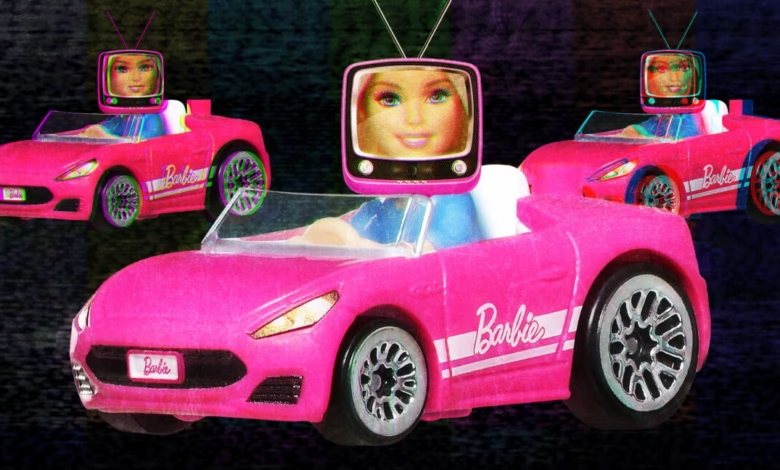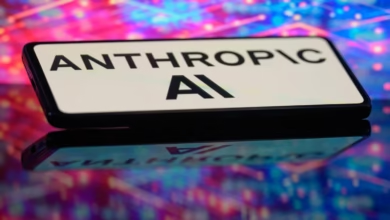Mattel Faces Backlash Over ‘Reckless’ AI Experiment on Kids

▼ Summary
– Mattel and OpenAI’s partnership to create AI products for kids has raised concerns from consumer rights advocates about potential risks to children.
– Public Citizen’s Robert Weissman warns AI-powered toys could harm children’s social development and relationships by blurring the line between reality and play.
– Mattel’s AI product plans are still in early stages, with initial offerings likely avoiding kids under 13, possibly due to OpenAI’s age restrictions.
– Weissman urges Mattel to commit to not incorporating AI into children’s toys, calling it a “reckless social experiment” on kids.
– Both OpenAI and Mattel have not provided further comments on the concerns raised by advocacy groups.
Mattel’s AI toy partnership with OpenAI sparks concerns about child development risks as consumer advocates warn of potential harm from AI-powered playthings. The collaboration, still in early development, has drawn sharp criticism for exposing children to artificial intelligence without clear safeguards.
Public Citizen co-president Robert Weissman issued a strong statement calling for transparency, arguing that AI-driven toys could disrupt social development and emotional growth. “Giving toys human-like conversational abilities might seem harmless, but the consequences could be serious,” he said. Potential risks include impaired peer relationships, reduced real-world interaction, and long-term developmental effects.
While details remain scarce, sources indicate Mattel’s initial product may avoid targeting children under 13, possibly due to OpenAI’s age restrictions rather than voluntary caution. Weissman insists this isn’t enough, demanding Mattel abandon AI integration in kids’ toys entirely. “Children struggle to separate fantasy from reality,” he emphasized. “Exploiting parental trust to test unproven technology on young minds is irresponsible.”
Neither Mattel nor OpenAI provided immediate responses to inquiries, leaving parents and experts questioning how the toy giant will address these ethical concerns. With AI rapidly entering consumer markets, the debate highlights growing tensions between innovation and child welfare, a balance companies can’t afford to ignore.
(Source: Ars Technica)






